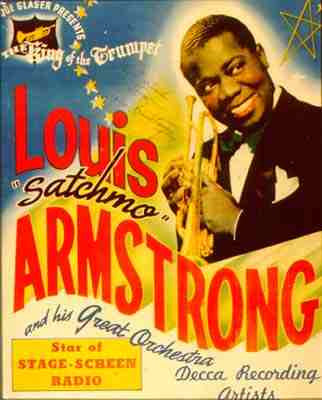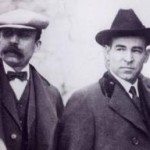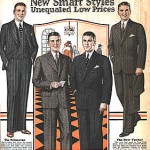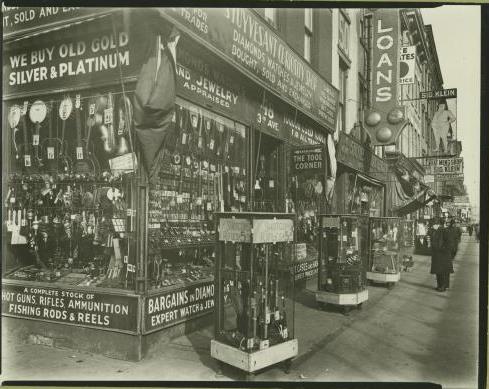Workshop #2: How the Twenties Roared
by Dr. H - February 10th, 2012
During today’s class, you’ll rotate through four stations to explore aspects of 1920s culture and the economy.
 Station 1: Jazz Music of the 1920s
Station 1: Jazz Music of the 1920s
Listen to as many as you can and talk about what you’re hearing with the rest of your group
Link: redhotjazz.com (requires RealPlayer)
Handout: A VERY Short History of Jazz
 Station 2: The Sentencing Statements of Sacco and Vanzetti
Station 2: The Sentencing Statements of Sacco and Vanzetti
Read and discuss what Sacco and Vanzetti said as they were sentenced to death in 1927, and talk about Edna Saint Vincent Millay’s “Justice Denied in Massachusetts”
Link: overview of the case, if you need a refresher
Handout: S&V’s statements, “Justice Denied” poem
 Station 3: Investigate the 1920s Economy
Station 3: Investigate the 1920s Economy
From the list of links below, explore why the economy was both booming AND weak in the 1920s. The first one contains further links to newspaper and magazine articles of the time.
Link List:
Boom and Bust in the World Economies (Source: 1920-30.com)
Blog of 1920s articles/ search by category or keyword (Source: 1920-30.com)
“The US Economy in the 1920s” (Source: EconomicHistory.net)
“Slouching Toward Utopia?” Bradford DeLong, UC Berkeley 1997 lecture for Econ 161
“Prosperity and Thrift: The Coolidge Era and the Consumer Economy 1920-1929” (Source: Library of Congress)
 Station 4: Poetry and Art of the Harlem Renaissance
Station 4: Poetry and Art of the Harlem Renaissance
The online link takes you to a web gallery of images and sculpture created by artists of the Harlem Renaissance. In addition, you have a small packet of poems – read and discuss a few with your group.
Link: Art Focus on Harlem Renaissance (PBS African American World)
Handout: HR Poem Packet
Start of class: we’ll screen this clip as a demonstration of what jazz is and what to listen for – it’s a master class of the great jazz trumpeter Winton Marsalis, riffing on “Happy Birthday.”




